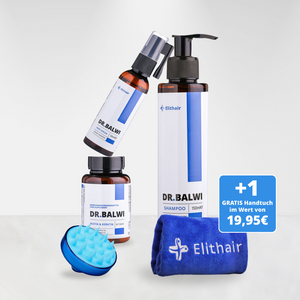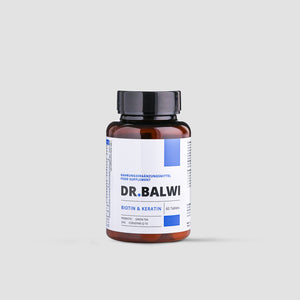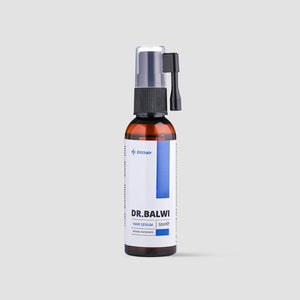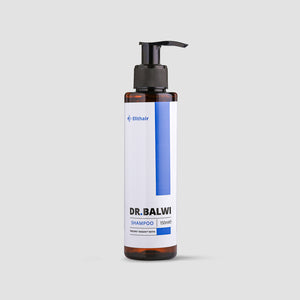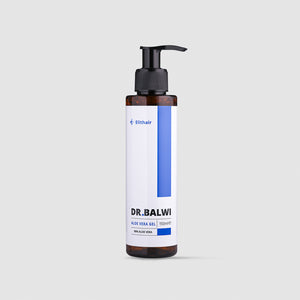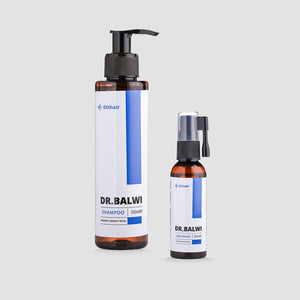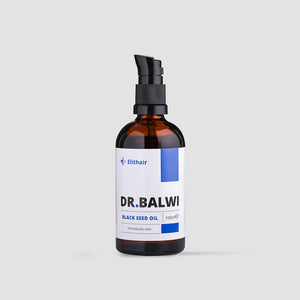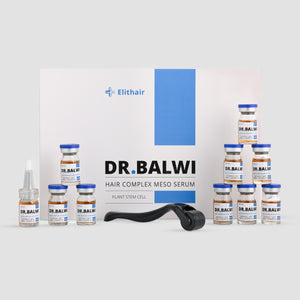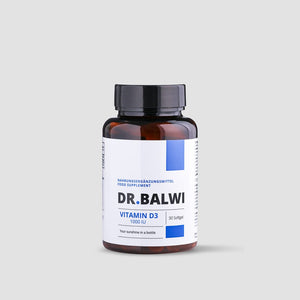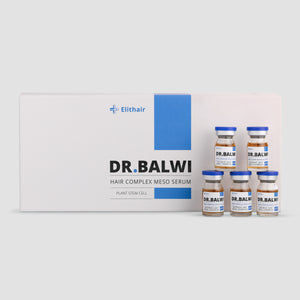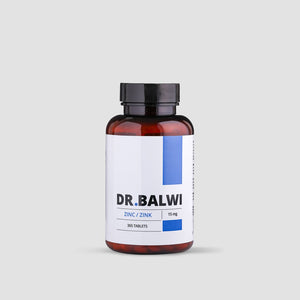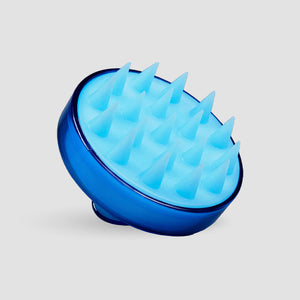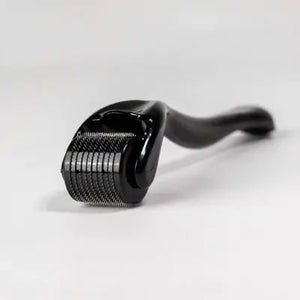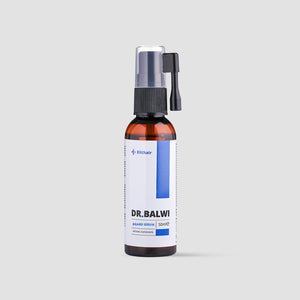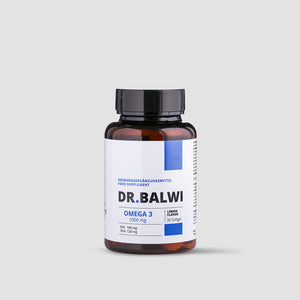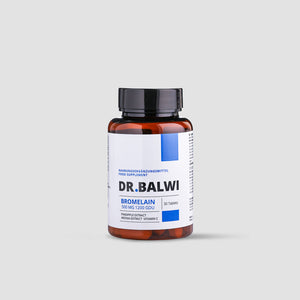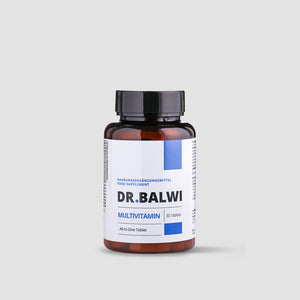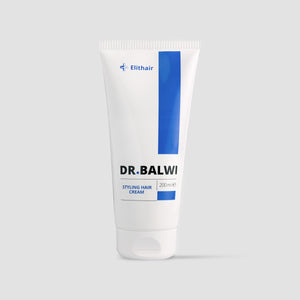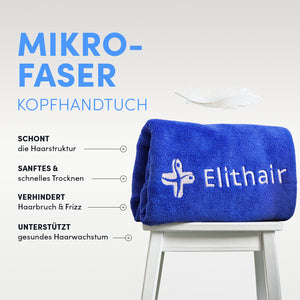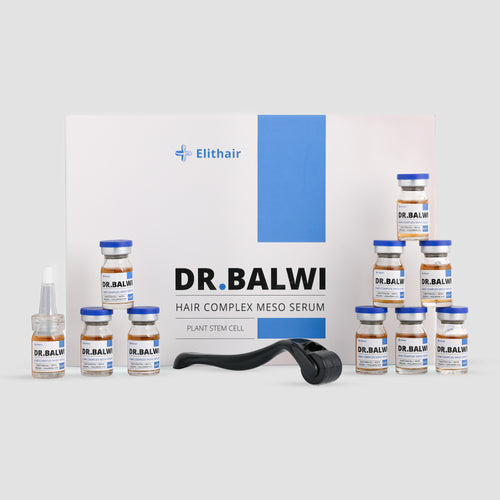
Does millet help against hair loss?
Table of contents
- Why is millet supposed to help against hair loss?
- Does this really work?
- How do I use millet for hair loss?
- Are there alternatives to combat hair loss?
- Conclusion: Millet can help against hair loss
Why is millet supposed to help against hair loss?
Millet is considered the most mineral-rich grain and is known for its high nutrient content , particularly its rich source of iron, silicon, and B vitamins, all of which are important for hair growth. Iron is an important component of red blood cells, which carry oxygen and nutrients to hair follicles.
Silicon, in turn, is an important building block of hair and helps in the formation of collagen, an important protein for healthy hair. B vitamins are necessary for cell division and strengthening hair during the growth phase.
Does this really work?
Although millet contains many important nutrients, there is no scientific evidence that it alone can prevent or treat hair loss. Hair loss is a complex problem caused by many different factors. However, a balanced diet rich in nutrients essential for hair growth can help keep hair healthy.
However, there are some drawbacks to using millet to treat hair loss. First, millet contains phytic acid , which can limit the absorption of nutrients like iron, zinc, and calcium. One way to avoid this is to ferment or sprout millet to reduce the phytic acid.
In addition, excessive consumption of millet can lead to carbohydrate overload , which can cause digestive problems in some people.
How do I use millet for hair loss?
Millet can be incorporated into your diet in a variety of ways. One option is to serve it as a side dish or use it as a main ingredient in salads and soups.

It can also be used in the form of flour to make bread, pancakes or other baked goods.
Another option is to use millet water for your hair. To do this, boil the millet and then strain the water. The millet water can then be used as a hair rinse.
Are there alternatives to combat hair loss?
In addition to taking millet and other dietary supplements, there are other alternatives to combat hair loss. The most effective option for hereditary hair loss is hair transplantation into the bald areas.
Another method is hair pigmentation , which involves applying pigments to the scalp to create the optical impression of more hair.
PRP (Platelet Rich Plasma) treatment is also an option, in which the patient's own growth factors from the blood are injected into the scalp to stimulate hair growth.
It is important to consult a specialist to find the appropriate treatment method.
Conclusion: Millet can help against hair loss
Overall, millet and other supplements can be helpful in combating hair loss. However, there are also other options, such as hair transplants, hair pigmentation, and PRP treatments, to promote hair growth and reduce hair loss.
If you suffer from diffuse hair loss and are looking for personalized advice from a professional, you can contact the experts at Elithair without obligation . They have many years of experience in the field of hair transplantation and offer customized solutions for every individual need.
Contact Elithair today and start your journey to fuller hair!
